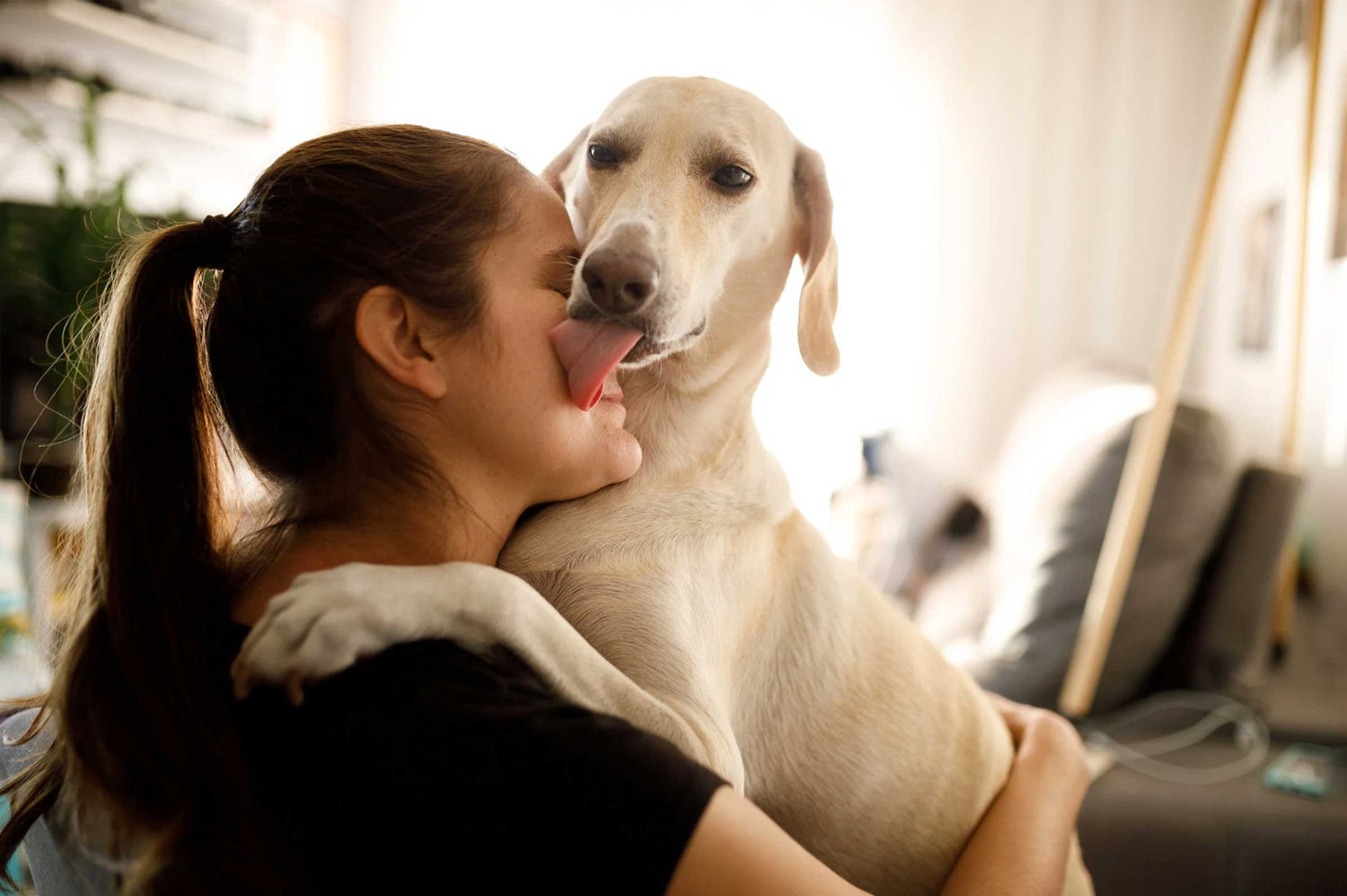If your dog, typically an independent sleeper, is suddenly begging for cuddles at night, it might leave you puzzled and concerned. Understanding the possible reasons behind this behavior change can help you address your furry friend's needs and ensure they feel safe and comfortable.
Feeling the Chill
As dogs age or as the seasons change, they might feel colder at night. This can lead them to seek warmth and comfort from you. If your independent sleeper is getting cuddly as the temperatures drop, consider whether they might benefit from a warmer bed or a cozy blanket.
Health Check: Is Something Up?
Sudden changes in behavior can sometimes indicate health issues. If your dog is experiencing discomfort or pain, they might seek the safety and reassurance of being close to you. It’s a good idea to consult your veterinarian to rule out any medical problems that could be causing your dog's clingy behavior.
Emotional Shifts: Anxiety and Stress
Dogs are sensitive to changes in their environment and routine. If there have been recent disruptions in your home, or even changes in your own emotional state, your dog might respond by seeking more comfort from you at night. Anxiety and stress can make your independent dog more dependent on your presence.
A Change in Sleep Patterns
Just like humans, dogs' sleep patterns can change as they age. Older dogs might sleep more during the day and less at night, which could lead them to seek more interaction during the hours you're available – like nighttime. Additionally, cognitive changes in senior dogs can lead to increased restlessness and anxiety at night.
Understanding these triggers can help you better support your dog’s needs and ensure that both of you get a good night's sleep. Whether it’s adding a cozy blanket, adjusting their routine, or consulting with a vet, there are steps you can take to help your furry friend feel more secure and comfortable. In the meantime, review the lineup of VetSmart Formulas to get the supplements your furry friends need to keep them happy and healthy!











